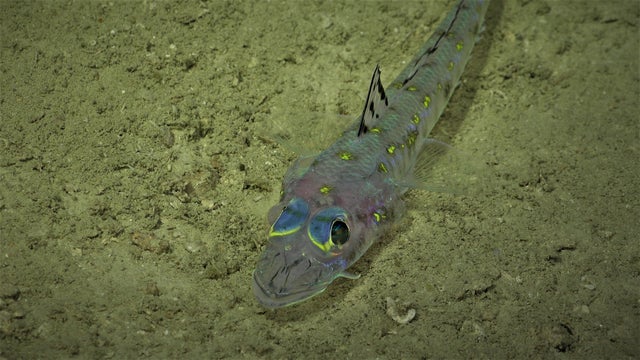Coral reef taller than Empire State Building is first discovered in Australia’s Great Barrier Reef for 120 years.

It makes a total of eight tall detached reefs in the area, including at Raine Island, home to the world’s most important green sea turtle nesting area
A vast, detached coral reef has been discovered in the Great Barrier Reef, the first in more than 120 years.
At more than 1,640 feet (500m) - higher than the Empire State Building - the reef was found by a team on a year-long exploration of the waters surrounding Australia.
The reef was discovered last week by Australian research scientists on board the Schmidt Ocean Institute’s research vessel Falkor while mapping the seafloor of the northern Great Barrier Reef.
The blade-like reef is about a mile long (1.5km) and at its highest point, is about 130 feet (40m) below the ocean surface.
It makes a total of eight tall detached reefs mapped in the area since the late 19th century, including at Raine Island, home to the world’s most important green sea turtle nesting area.
The team of scientists, led by Dr Robin Beaman from James Cook University in Queensland, conducted a dive on Sunday using an underwater robot, SuBastian, to explore the new reef and live-streamed to the institute’s website and YouTube channel.
“We are surprised and elated by what we have found,” said Dr. Beaman. “To not only 3D map the reef in detail, but also visually see this discovery with SuBastian is incredible."

The new coral reef adds to a bumper year of discoveries by the institute. In April, scientists found the longest recorded sea creature - a 144ft (45m) siphonophore in Ningaloo Canyon, located in a remote area off the west coast of Australia, along with around 30 new species.
In August, the team discovered five undescribed species of black coral and sponges, along with Australia’s first observation of rare scorpionfish in the Coral Sea and Great Barrier Reef Marine Parks.
In February, deep sea coral gardens and graveyards were found in Bremer Canyon Marine Park.
“This unexpected discovery affirms that we continue to find unknown structures and new species in our Ocean,” said Wendy Schmidt, co-founder of Schmidt Ocean Institute in a statement.
“The state of our knowledge about what’s in the ocean has long been so limited. Thanks to new technologies that work as our eyes, ears and hands in the deep ocean, we have the capacity to explore like never before. New oceanscapes are opening to us, revealing the ecosystems and diverse life forms that share the planet with us.”
A study earlier this month, from the ARC Centre of Excellence for Coral Reef Studies at James Cook University, found that more than 50 per cent of corals that once made up the Great Barrier Reef have died over the last 25 years due to the impacts of the climate crisis.
*Watch the video here
27 October 2020
INDEPENDENT



